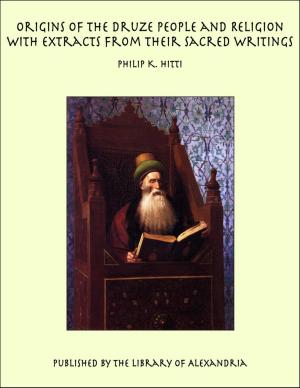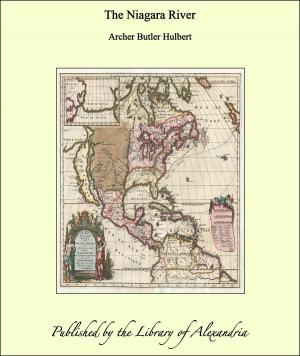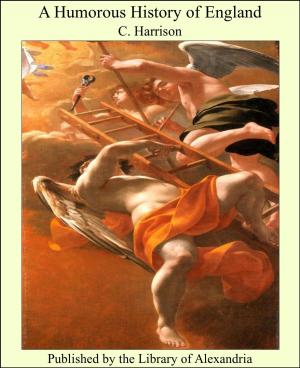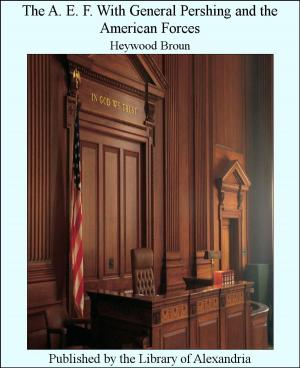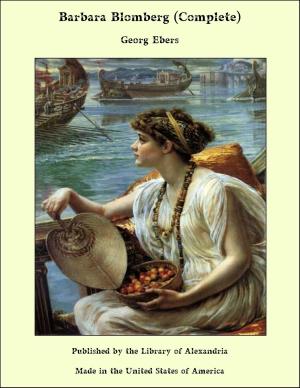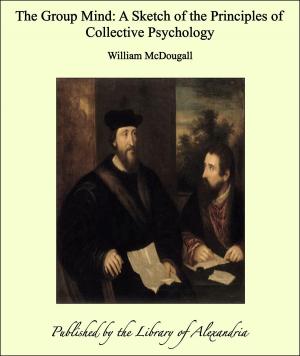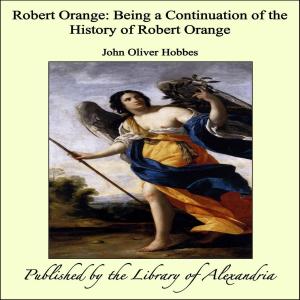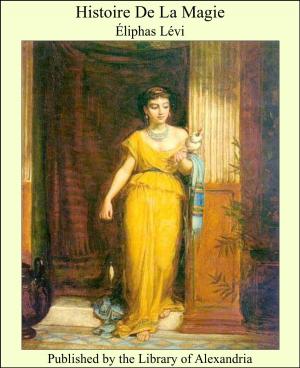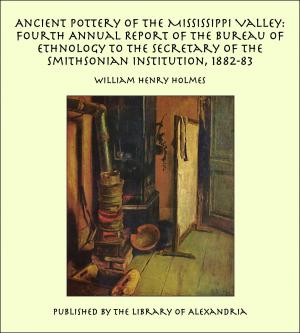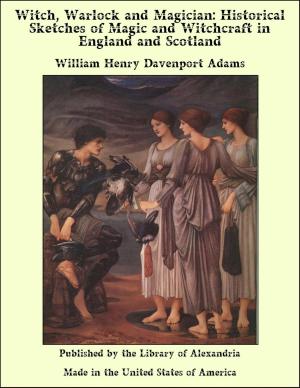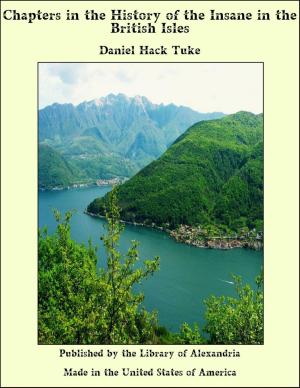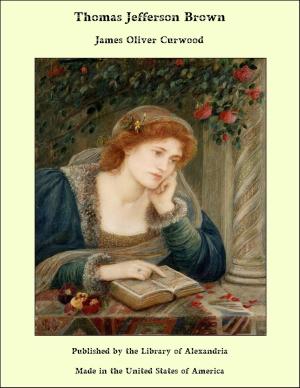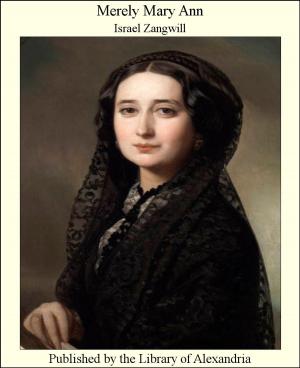Thames Valley Villages (Complete)
Nonfiction, Religion & Spirituality, New Age, History, Fiction & Literature| Author: | Charles George Harper | ISBN: | 9781465622181 |
| Publisher: | Library of Alexandria | Publication: | March 8, 2015 |
| Imprint: | Language: | English |
| Author: | Charles George Harper |
| ISBN: | 9781465622181 |
| Publisher: | Library of Alexandria |
| Publication: | March 8, 2015 |
| Imprint: | |
| Language: | English |
The Thames we all know intimately, for the river was discovered by the holiday-maker in the ’seventies of the nineteenth century; but we do not all know the villages of the Thames Valley, and it was partly to satisfy a long-cherished curiosity on this point, and partly to make holiday in some of the little-known nooks yet remaining, that this tour was undertaken. To one who lives, or exists, or resides—the reader is invited to choose his own epithet—beside the lower Thames, there must needs at times come a longing to know that upper stream whence these mighty waters originate, to find that fount where “Father Thames” starts forth in hesitating, infantile fashion; to seek that spot where the stream, instead of flowing, merely trickles. To such an one there comes, with every recurrent spring, the longing to penetrate to the Beyond, away past where the towns and villages, the water-works and breweries cluster thickly beside the river-banks; above the town of Reading, the Biscuit Town, and town of sauce and seeds; beyond the fashionable summer scene of Henley Regatta, and past the city of Oxford, to the Upper River and its unconventionalised life. When spring comes and wakes the meadows with delight, and the osiers and the rushes again feel life stirring in their dank roots, the old schoolboy feeling of curiosity, of mystery, of a desire for exploration, springs anew. You walk down, it may be, to some slipway or draw-dock by Richmond or Teddington, or wander along those shores contemplating the high-water-marks left by the late winter floods, which not even the elaborate locking of the river seems able to prevent; and observing the curious line of refuse of every description brought down by the waters, and now left, high and dry, a matted mass of broken rushes, water weeds, twigs, string and the like, marvel at the wealth of corks that displays itself there. Children have been known to make expedition towards the distant hills, seeking that place where the rainbow touches the ground; for the sly old legend tells us that on the spot where the glorious bow meets the earth there lies buried a crock of gold. An equally speculative quest would be to fare forth and seek the Place whence the Corks Come. There (not for children, but for “grown-ups”) should be, you think, the Land of Heart’s Desire.
The Thames we all know intimately, for the river was discovered by the holiday-maker in the ’seventies of the nineteenth century; but we do not all know the villages of the Thames Valley, and it was partly to satisfy a long-cherished curiosity on this point, and partly to make holiday in some of the little-known nooks yet remaining, that this tour was undertaken. To one who lives, or exists, or resides—the reader is invited to choose his own epithet—beside the lower Thames, there must needs at times come a longing to know that upper stream whence these mighty waters originate, to find that fount where “Father Thames” starts forth in hesitating, infantile fashion; to seek that spot where the stream, instead of flowing, merely trickles. To such an one there comes, with every recurrent spring, the longing to penetrate to the Beyond, away past where the towns and villages, the water-works and breweries cluster thickly beside the river-banks; above the town of Reading, the Biscuit Town, and town of sauce and seeds; beyond the fashionable summer scene of Henley Regatta, and past the city of Oxford, to the Upper River and its unconventionalised life. When spring comes and wakes the meadows with delight, and the osiers and the rushes again feel life stirring in their dank roots, the old schoolboy feeling of curiosity, of mystery, of a desire for exploration, springs anew. You walk down, it may be, to some slipway or draw-dock by Richmond or Teddington, or wander along those shores contemplating the high-water-marks left by the late winter floods, which not even the elaborate locking of the river seems able to prevent; and observing the curious line of refuse of every description brought down by the waters, and now left, high and dry, a matted mass of broken rushes, water weeds, twigs, string and the like, marvel at the wealth of corks that displays itself there. Children have been known to make expedition towards the distant hills, seeking that place where the rainbow touches the ground; for the sly old legend tells us that on the spot where the glorious bow meets the earth there lies buried a crock of gold. An equally speculative quest would be to fare forth and seek the Place whence the Corks Come. There (not for children, but for “grown-ups”) should be, you think, the Land of Heart’s Desire.

